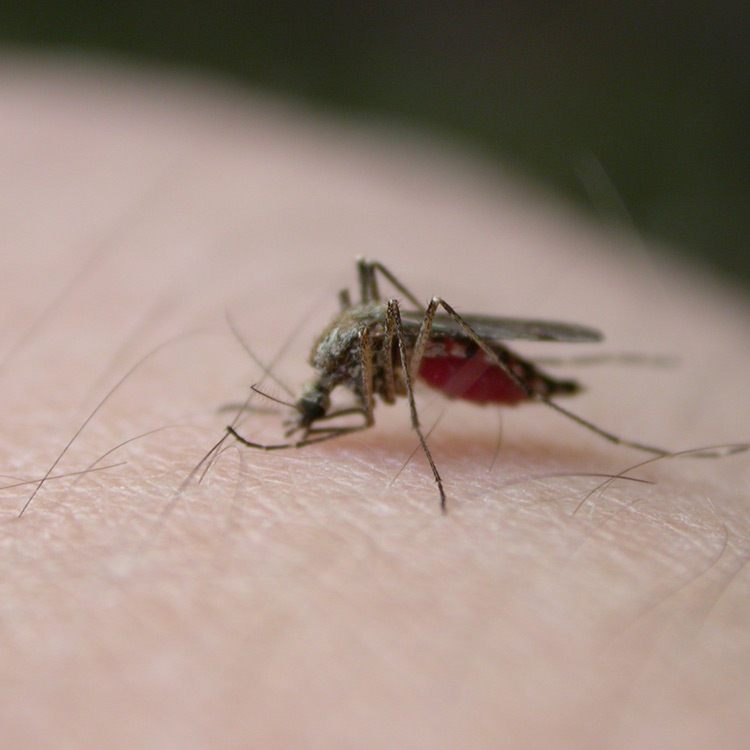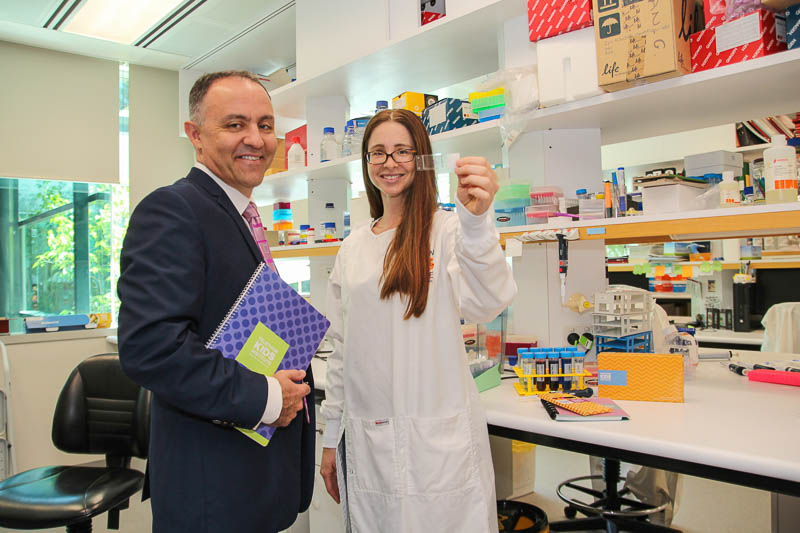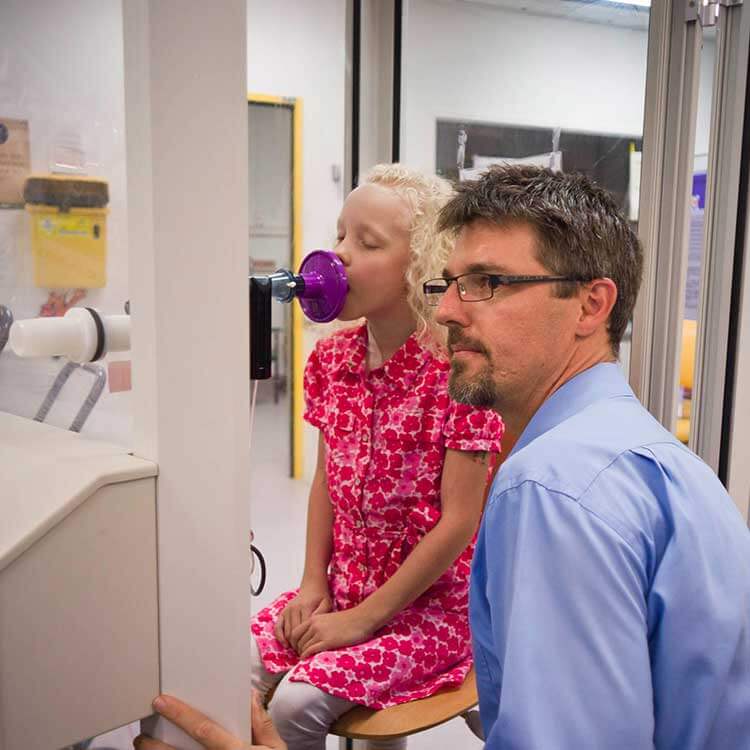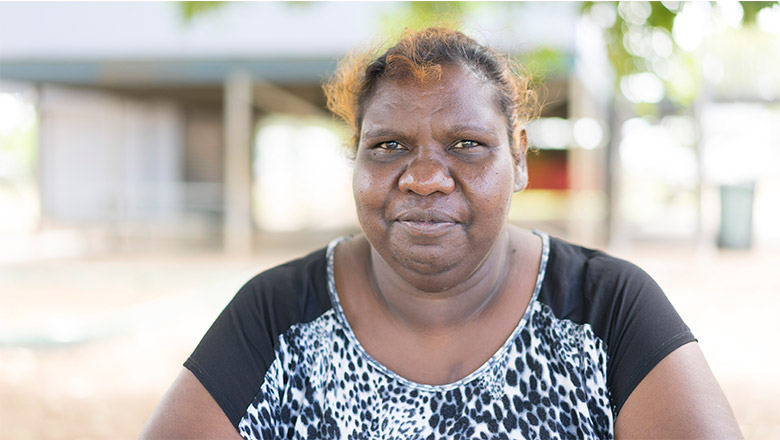Search

WA Researchers have conducted an Australian-first study to determine the prevalence of microcephaly, in preparation of any future outbreak of the Zika virus.

Join us for an annual research update from WA cystic fibrosis researchers.Find out the latest research findings in Cystic Fibrosis.

All parents want their children to be happy. But in our rapidly changing modern world what does that actually mean? Prof. Stephen Zubrick provides his top tips.

Staples is launching a new range of office, facility & education products to help support the incredible child health & development research of The Kids.

The Multiple Strength Indicator is a strength based measure that provides information on children’s developmental strengths as they commence full-time school.

A new study has found children with disabilities are 3 times more likely to be maltreated compared to other children but that risk varies by type of disability.

About a third of young people in youth detention in Western Australia have Fetal Alcohol Spectrum Disorder (FASD), data has found.

New research from Perth’s The Kids Research Institute Australia shows that babies born premature continue to have lung problems well into childhood.

Imagine your baby is developing normally, then suddenly she starts losing skills. Watch Marlee's story below and find out what researchers are doing.

Aboriginal women in Western Australia's Kimberley region will be become qualified as community health researchers thanks to a grant awarded to The Kids.
